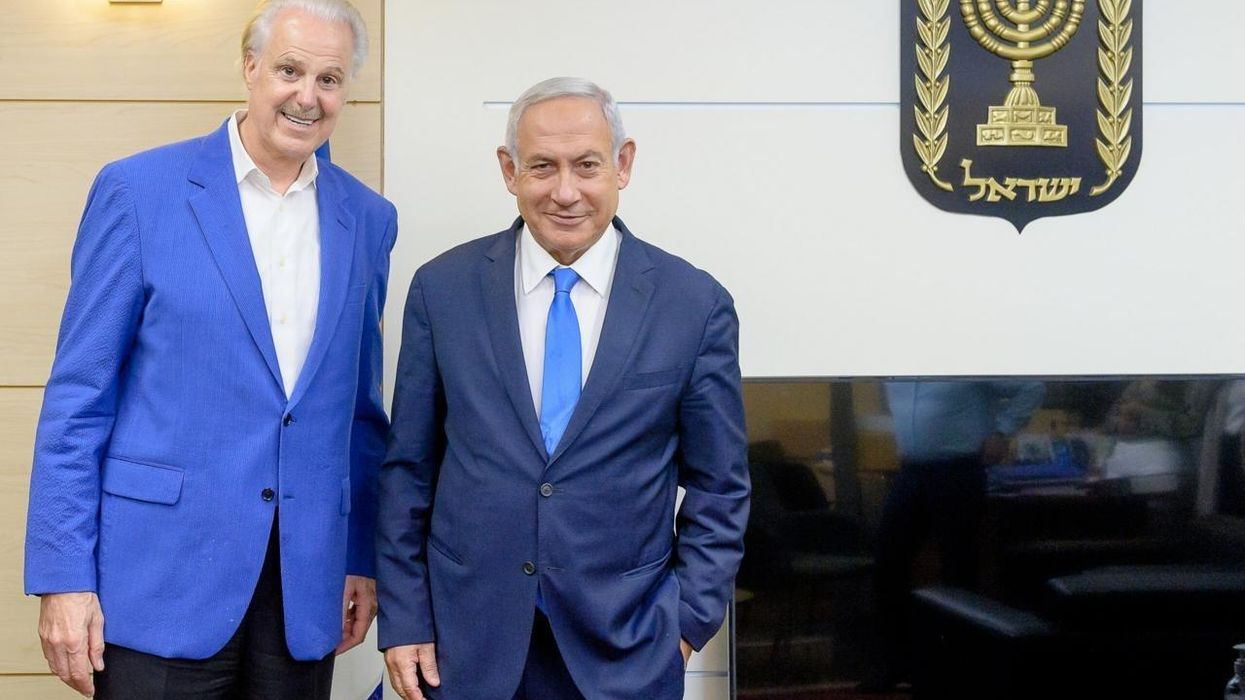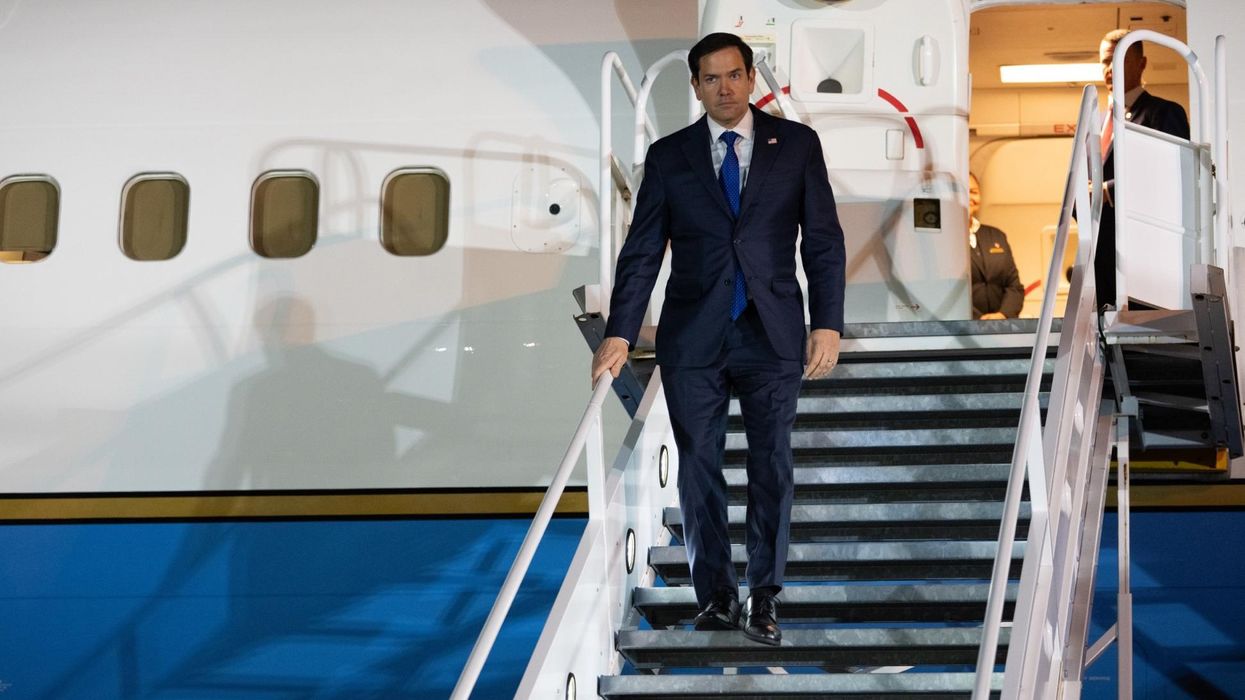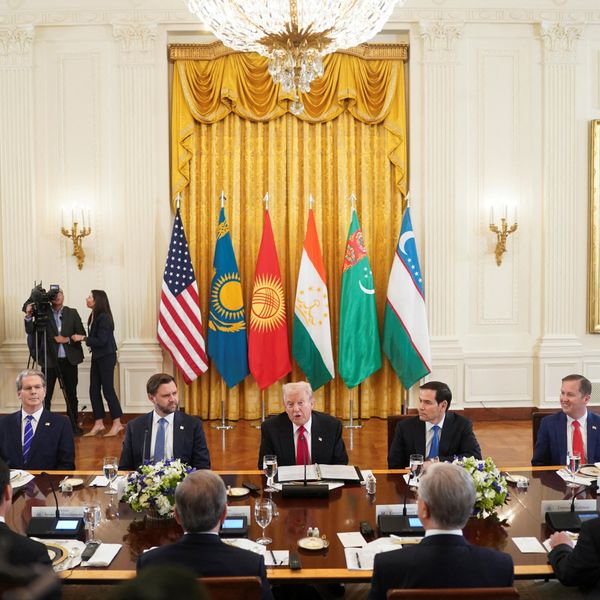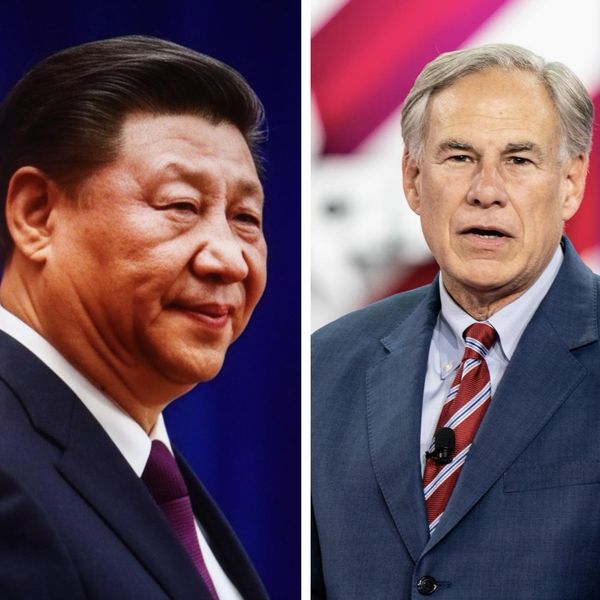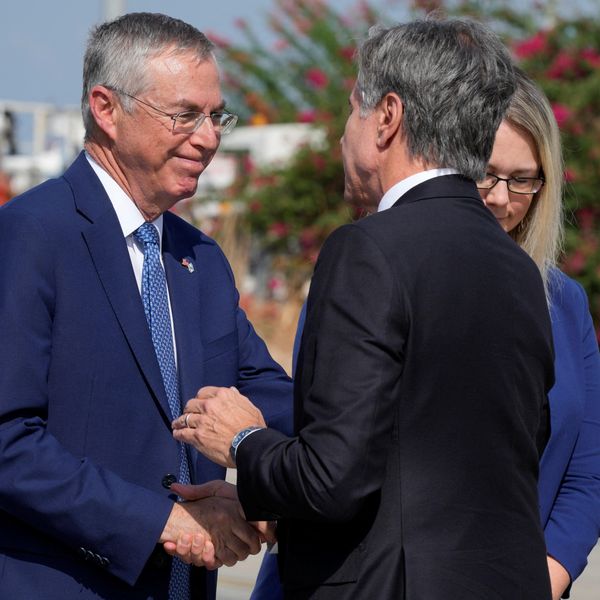As the Israeli military enters the second month of its operation in Gaza, questions continue to swirl around the exact nature of U.S. support for the war, with major potential implications for American interests in the Middle East.
The Pentagon has been fairly transparent about its actions outside of Israel, including the decision to move two aircraft carrier strike groups into the Middle East, among other naval assets and missile defense systems. But two more sensitive issues remain shrouded in mystery: What exactly are American special forces doing in Israel? And what weapons is the U.S. now giving to the Israel Defense Forces (IDF)?
What are American soldiers doing in Israel?
U.S. special operations forces are stationed in Israel and “actively helping the Israelis” in a number of areas, among them efforts to “identify hostages, including American hostages,” a Department of Defense official revealed last week.
The official did not share further details, but others told the New York Times that DoD “has dispatched several dozen commandos in recent weeks, in addition to a small team that was in Israel on Oct. 7 conducting previously scheduled training.” Other Western countries have also sent special operations forces “closer to Israel” in order to help with hostage recovery and potential civilian evacuations, according to the Times.
The Pentagon also dispatched a Marine Corps general with substantial special operations experience to advise Israel’s ground operations, but the general left the country prior to Tel Aviv’s ground incursion.
One official told journalist Spencer Ackerman that the U.S. is considering emergency “contingencies” in which U.S. special forces would directly assist with hostage recovery, but those plans remain hypothetical, according to the official. The only solid evidence of “direct” U.S. involvement has been a series of unarmed drone flights over southern Gaza that are helping to locate hostages.
Some eyewitnesses claim to have seen soldiers with American flag patches on the ground in Gaza, but no news outlets have substantiated this allegation. It’s also plausible that an Israeli-American soldier could have been wearing such a patch without permission from the U.S. or Israeli militaries.
As for the identity of U.S. soldiers in Israel, a White House photo from President Joe Biden’s October 18 visit appeared to show the president meeting with several members of Delta Force, the Pentagon’s premier counterterror and hostage recovery unit.
It is unclear if any non-special operations U.S. military units are currently operating in Israel. The Pentagon did not respond to a request for comment from RS about its operations in Israel.
Increased secrecy around weapons transfers
The Biden administration has taken flak in Congress for his attempts to conceal details about American arms transfers to Israel amid the war, including a proposed measure to skip congressional notification requirements that would provide lawmakers with an opportunity to object to specific weapons sales.
“There is no reason we cannot both ensure needed U.S. assistance is provided to Israel in an expeditious manner and ensure Congress is able to fulfill its constitutional oversight duty,” Rep. Gregory Meeks (D-N.Y.) — the ranking Democrat on the House Foreign Affairs Committee — told the Washington Post last week.
Sen. Chris Van Hollen (D-Md.), for his part, said Congress “should not make exceptions to this practice” and argued that it is the legislature’s responsibility to “review these funds and ensure their use is in the best interests of the American people.”
While lawmakers have reportedly received full briefings about what weapons are being sent to Israel, the White House has avoided publicly sharing information about its support, a sharp contrast with the detailed accounting of the Biden administration’s aid to Ukraine.
The administration has not explained this discrepancy, but it most likely stems from simple political logic. While Biden has been proud to boast his team’s support for Ukraine, he stands to face far more blowback for supporting Israel, whose actions in Gaza have drawn significant criticism both within the U.S. and abroad.
This logic played out recently when it came to light that the U.S. is planning to supply rifles to the Israeli national police, which is controlled by far-right Minister Itamar Ben-Gvir, who has promised to give guns to settlers in the West Bank. Former State Department official Josh Paul also told RS last week that multiple units of the Israeli police had previously been flagged for alleged “gross violations of human rights,” which should legally preclude them from receiving American weapons.
The only other planned weapons transfer to Israel that has been publicly disclosed is a previously approved shipment of $320 million in precision bomb kits known as Spice Family Gliding Bomb Assemblies. Rep. Ilhan Omar (D-Minn.) will reportedly fight this sale by filing a "resolution of disapproval" that would block the transfer if it received a veto-proof majority in both houses of Congress. The kits are "the sort of capability Israel has been using for the last month to devastate Gaza," according to Paul.
High stakes for U.S. interests in the region
Another likely reason for the secrecy around U.S. involvement is the fear that American support for Israel will hurt Washington’s standing in the Middle East, especially given the region’s widespread opposition to Israel’s offensive, which numerous Arab commentators have called a “genocide.”
If people in the Middle East come to believe that U.S. troops are directly involved in hostilities, it could have dire consequences for perceptions of American actions in the region. As a recently leaked cable from the U.S. embassy in Oman noted, Israel’s campaign is already “losing us Arab publics for a generation.”
That impact could be felt far beyond the region, according to Stephen Wertheim, a historian and senior fellow at the Carnegie Endowment for International Peace. “The costs, in American prestige and power, have already proved substantial,” Wertheim wrote in the New York Times. “And they could get much worse.”
And the potential consequences of direct U.S. involvement would not be limited to public opprobrium, argued Ackerman, the journalist.
“If SOF should enter Gaza as combatants, how might Iran, whose regional strategy is predicated on leading an ‘axis of resistance’ to the U.S., Israel and Saudi Arabia, feel compelled to respond?” he asked. “What would it choose to do? What would the impact be on Jordan, Egypt, Saudi Arabia, etc.?”
- Tracking the US military build-up today in the Middle East ›
- Will US troops be drawn into the Israel-Gaza war? ›
- GOP reps want same benefits for Americans serving in Israel army | Responsible Statecraft ›
- Families of American-Israeli hostages blast visiting Netanyahu | Responsible Statecraft ›
- American cult: Why our special ops need a reset | Responsible Statecraft ›


